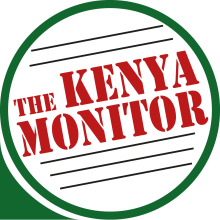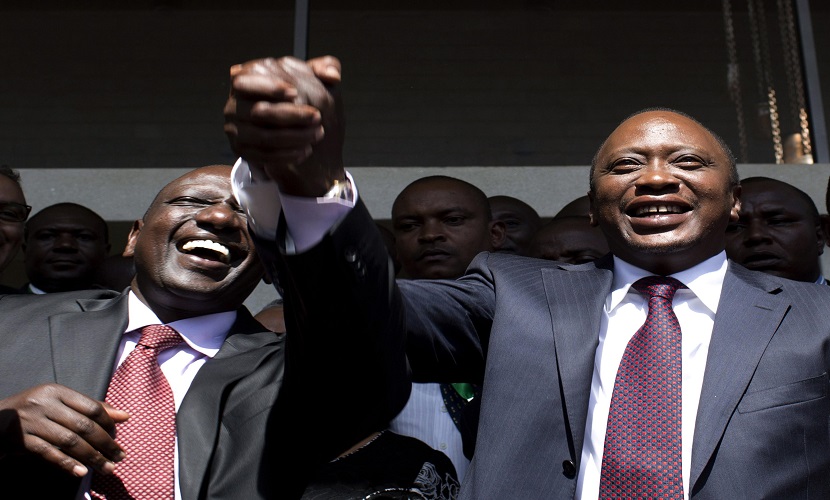That the ICC has lost its direction, is the latest indictment from Africa in regard to the court that has been viewed by many as skewed in offering justice for war crimes.
Coming from one of the continent’s power houses South Africa, the statement carries a lot of weight as the country has been seen as one inclined towards the west in matters human rights.
The African National Congress (ANC) party’s head of international relations commission Obed Bapela’s statement shows that the court is fast losing support in a continent which was meant to benefit most from the court’s establishment to tame dictatorial tyranny.
Bapela said,
“The National General Council has just resolved that South Africa should withdraw from the international court. However, only after we have followed certain processes.”
The withdrawal calls come after a tiff with The International Criminal Court (ICC) at The Hague over South Africa’s failure to arrest Sudanese leader Omar al-Bashir when he arrived in the country in June to attend an African Union summit.
The resolution to withdraw from the court came out of an ANC policy meeting which was reviewing the party’s policies ahead of the country’s municipal elections in 2016.
However, the ANC says it still believed in the founding principles of the ICC, such as prevention of genocide and stopping the violations of human rights.
This move seems to be fomenting the push for the continent’s withdrawal from the court which has been seen as targeting Africa unfairly.
Kenya has been, since the electioneering period before 2013 so far, pushing for changes to some laws which have been seen to be targeting those indicted unfairly.
One of the biggest single attacks on the court came from the African Union (AU) in September 2013 at a summit in Ethiopia. This is when the African countries met and threatened to pull out from the ICC en masse.
Then, President Uhuru Kenyatta, was set to appear before the ICC in November regarding charges of crimes against humanity for his role in the violence that erupted in the country after the 2007-08 election. Deputy President William Ruto and Joshua Arap Sang’ are the only ones facing charges at the court out of six people accused of bearing the biggest responsibility for the post poll chaos.
Fast forward today and ANC’s announcement could just be the break that those accused at the ICC could be waiting for.
The ICC exists in 34 African countries but this number may reduce depending on how the proposal to review some statutes at the ICC turns out.
In September 2015, the AU was pushing for a halt to processes at the ICC in the cases facing DP Ruto and Sudanese President Omar al Bashir.
At an inaugural meeting of the Open-Ended Committee of Ministers of Foreign Affairs on the ICC, members from Burundi, Chad, Cote D’Ivoire, Eritrea, Ethiopia, Kenya, Libya, Sudan, South Sudan and Senegal drafted eight recommendations they will pursue.
Among these is a petition to the AU Chairperson requesting the United Nations Security Council (UNSC) to have on its agenda the request for deferral of proceedings against President Bashir and DP Ruto.
Under the chairmanship of Ethiopia’s Foreign Affairs Minister Tedros Adhanom Ghebreyesus, the committee emphasized that African State Parties to the Rome Statute of the ICC should periodically assess and evaluate their continued membership.
Soon after the meeting, the Kenyan delegation in New York said that there was a general understanding that Rule 68 – which is now being applied in the case against Ruto to allow use of recanted evidence – would not be applied retroactively.
If not,
“The court should be beyond reproach and it won’t be business as usual at The Hague,”
the chairman of the National Assembly Defence and Foreign Relations Committee Ndung’u Gethenji said.
What remains to be seen now is if the pressure on the court will break and make its resolve to offer justice stronger.
And this month, the AU was allowed to join DP Ruto and Sang’s defence teams in an appeal to overturn a decision which permitted the prosecution to use recanted their evidence. The outcome will determine which way the court goes.
South Africa President Jacob Zuma has defended the country’s decision to pull out of what he said was a “biased” court in the hope that the rest of the continent will follow suit.
Zuma accused the court of deliberately ignoring American leaders’ actions in Iraq and Israel’s
“continuing killing of Palestinians”.


